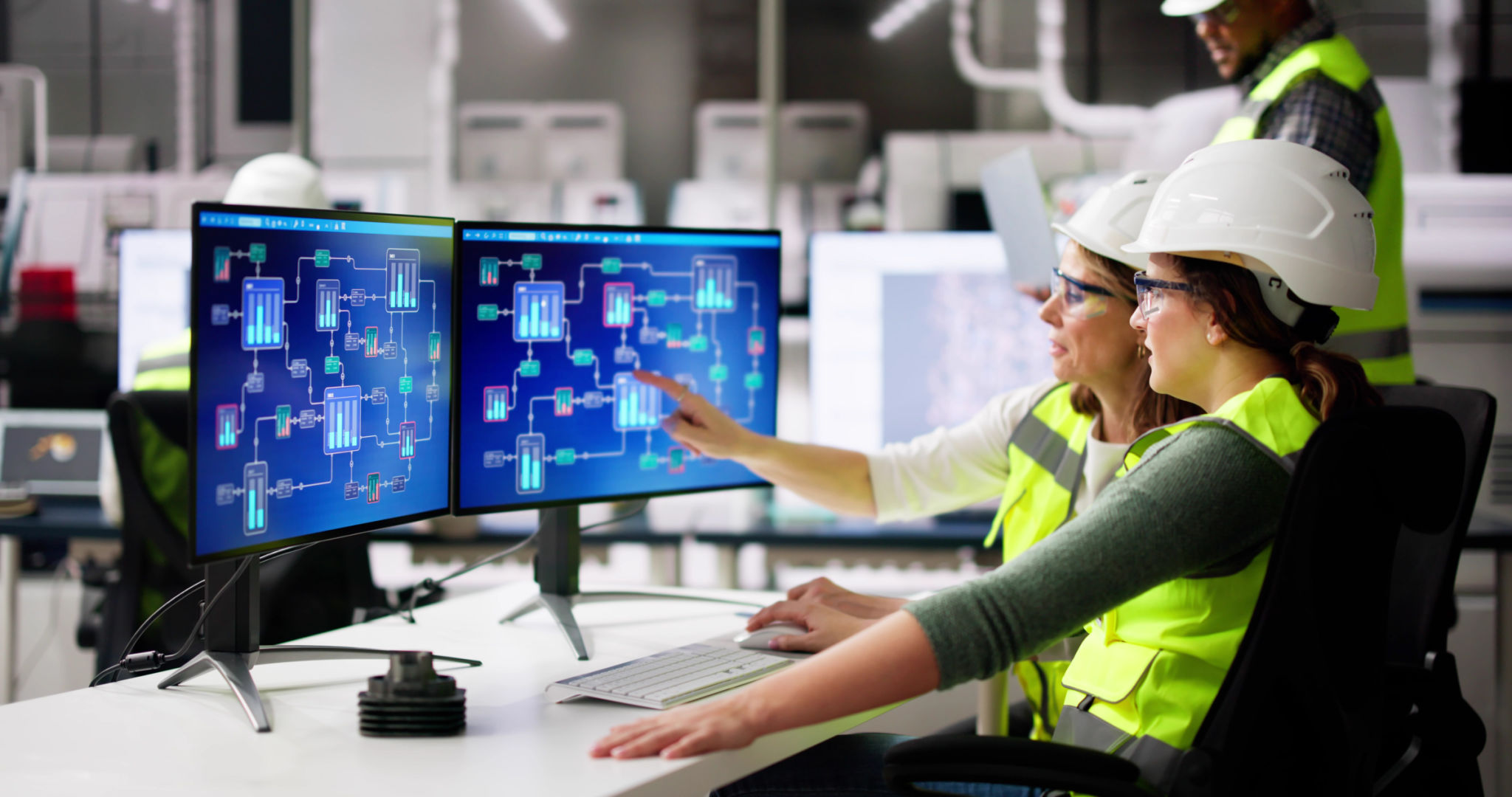Expert Tips for Implementing Automation in Construction Projects
Understanding Automation in Construction
The construction industry is rapidly evolving with the integration of automation technologies. By leveraging these innovations, companies can improve efficiency, reduce costs, and enhance safety on site. However, implementing automation in construction projects requires careful planning and execution. Here, we’ll explore expert tips to guide you through this transformative process.

Identify the Right Areas for Automation
The first step in successfully implementing automation is identifying tasks and processes that will benefit most from technological intervention. These often include repetitive and time-consuming jobs like bricklaying, concrete pouring, and site surveys. By automating such tasks, construction teams can significantly reduce manual labor and increase productivity.
It's essential to conduct a thorough assessment of your current operations to determine where automation can add the most value. Consider factors such as project scale, budget, and timeline when making these decisions. Consulting with industry experts or technology providers can also provide valuable insights into the best opportunities for automation.
Invest in the Right Technology
Once you've identified areas ripe for automation, it's crucial to invest in the right technology solutions. The market offers a wide range of tools and equipment designed to cater to various construction needs. From drones and robotic arms to 3D printing and advanced software for project management, the options are vast.

When selecting technology, consider its compatibility with existing systems and its ability to scale with your business. Additionally, evaluate the ease of use and the level of support provided by the vendor. Investing in user-friendly solutions ensures smoother adoption and minimizes disruptions during implementation.
Train Your Workforce
Even the most advanced technology is only as effective as the people using it. Therefore, training your workforce is a critical component of successful automation implementation. Provide comprehensive training sessions to ensure that all team members understand how to operate new technologies efficiently.
Regular workshops and refresher courses can help keep staff updated on the latest advancements and best practices. Encourage a culture of continuous learning to foster innovation and adaptability within your team.

Monitor and Optimize Performance
After implementing automation, it's vital to monitor its performance continuously. Use data analytics to track efficiency improvements, cost savings, and safety enhancements. This information will help identify areas for further optimization and ensure that you're maximizing the benefits of your investment.
Regularly review and adjust your strategies based on performance metrics. This proactive approach will allow you to stay ahead of potential challenges and capitalize on emerging opportunities in construction automation.
Embrace Change Management
Implementing automation involves significant changes in workflows and operations. Effective change management strategies are essential to ensure smooth transitions and minimize resistance from your workforce. Communicate clearly about the benefits and objectives of automation initiatives to gain buy-in from all stakeholders.
Consider forming a dedicated team to oversee the change management process, addressing any issues or concerns that may arise during implementation. By actively engaging with your team, you can foster a positive environment that embraces innovation and technological advancement.
